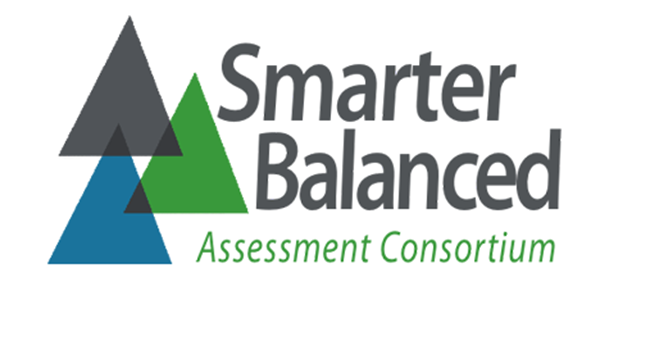SBAC: It is that time of year again where juniors will be taking what may be the most dreaded test of the year.
By Himadri Ratnayake, Staff Writer
The Smarter Balance Assessment Consortium (SBAC), a test designed to fit the Common Core system, will help improve teaching methods. The “consortium” consists of a member board of 15 states and the “Bureau of Indian Education,” who developed this test. Therefore, not every state in America is adhering to this test. According to the SBAC website, there are three major parts of the test: “The Formative Assessment Process,” “Interim Assessment,” and the “Summative Assessment.” The ultimate goal is to enhance teaching skills in order to help students understand the material better, and measure their progress in preparation for college. But, why do juniors have to take it? Why not freshmen or sophomores?
Being a junior can be very stressful for students if they are taking the Scholastic Aptitude Test (SAT) and/or the American College Test (ACT), in addition to taking rigorous courses, extracurriculars, college tours, etc. The list is endless, but why should juniors have to take another test that just adds to the pressure of the continuous workload that they are forced to carry on their shoulders? The SAT and ACT are a part of a private institution and are used as a requirement to enter universities, but it is for colleges not high schools. “As for why juniors have to take [the SBAC], the test is given to fifth graders, eighth graders, and eleventh graders. It tests them on the material that they have learned from one grade up to a certain point,” Assistant Principal, Jodi Gonzalez, said. So, for example, from ninth grade up to eleventh grade, juniors will be tested on everything they know from that point onwards. She also adds that it will test students only on Math and English: “It is two assessments for Math, and two assessments for Language Arts.”
During the 2014-2015 school year, the class of 2016 were addressed as the “guinea pigs” for the SBAC test. Twenty-five states decided to give the test a try to see if it would benefit their schools in any way. Although students have the option of opting out of taking the test, some might feel judged if they do not take it. The point is that students should not have to carry the burden of taking tests, in conjunction with their hectic schedules. Some students also have Advanced Placement (AP) tests to prepare for. Although this test is not currently used as a requirement for applying to colleges, the option of taking another test at the closing of the school year lingers around, allowing the stress and anxiety to build up even more.
What parents may think about this type of test may be relatable to some of what last year’s juniors at Poly thought. “I honestly did not understand why we had to take it. However, I did very well in it, but I still do not understand the purpose of it,” Ashley Lawson (12) said. Although juniors are taking the test, apparently elementary school children are doing the same thing too. In her article on Seattle Education, titled “What I Learned taking the Smarter Balanced (SBAC) Test,” Roxana Marachi acknowledges her choice of removing her own children from taking the test. She was also given the opportunity to take the test herself and openly described her experience to be “so problematic that I had trouble just opening it. Actually, we all did […] I can manage all these windows, and a high school student could, but … a fourth grader?” Therefore, why should younger children be admitted to take a test that requires the basic use of computers? This is how they get exposed to relying on technology to get their tasks done.
So the big question is: should juniors be stressing out about this test? Should they be opting out or should they take it anyway, since there is no chance for it to hurt them? “It should not be as stressful on students, because you cannot study for the SBAC exam. There is really nothing to “study”, because there are no prep books for teachers or students,” Gonzalez stated. As for the amount of time it will take to complete the tests, she mentioned that the testing days were cut down from twelve to six days. There really is no purpose in changing the school system to Common Core, other than school districts wanting to “prepare” students for their futures. As if they “prepare” us now.

